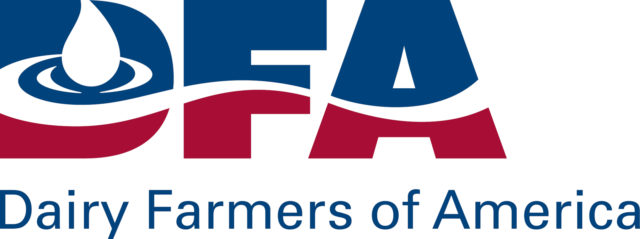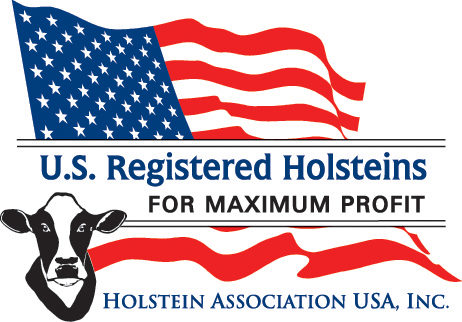First introduced in 2017, the DAIRY PRIDE Act was reintroduced by Sens. Tammy Baldwin (D-Wisconsin) and Jim Risch (R-Idaho) in the Senate and Reps. Peter Welch (D-Vermont) and Mark Simpson (R-Idaho) in the House. It would require FDA to issue guidance for nationwide enforcement of labels within 90 days and mandate that FDA report to Congress two years after enactment to hold the agency accountable.
Dairy organization leaders voiced support for the proposal.
While the National Milk Producers Federation (NMPF) continues to press FDA to strengthen its own enforcement, the DAIRY PRIDE Act underscores the urgency for the FDA to take action, said Jim Mulhern, the organization’s president and chief executive officer of the NMPF.
“We hope that the FDA will soon do the right thing by updating and enforcing rules that aid consumers by providing clear, accurate labeling on what is and what isn’t milk, and we are ready to help the agency in any way we can,” Mulhern said.
Brody Stapel, president of Edge Dairy Farmer Cooperative, called for quick action on the bill.
“Misperceptions about nondairy foods are real,” Stapel said. “The imitations confuse customers who rely on names and product packaging to make judgments about a food. These customers deserve transparency. Our dairy farmers and processors work hard to produce incredible food. Milk and dairy products – real dairy foods – offer almost unbeatable nutritional value, and customers deserve to know this.”
“Consumers deserve to be treated with respect and that begins with proper and accurate food labels,” said John Rettler, president of FarmFirst Dairy Cooperative. “Milk is clearly defined by the FDA, and this definition should be enforced. It’s about time the FDA made it a priority to uphold its responsibility of enforcing existing labeling requirements, especially when it comes to dairy.”
January 2019 fluid sales steady
January 2019 fluid milk sales were mostly steady with a year earlier, according to the USDA’s Dairy Market News. Here’s a summary:
• At 4.21 billion pounds, overall sales of packaged conventional and organic fluid milk were down 0.6 percent compared to a year earlier.
• Sales of conventional products totaled 3.97 billion pounds, down 0.5 from the previous year. At 1.35 billion pounds, sales of whole milk were up 2.6 percent. Sales of whole flavored milk continues to trend much higher than a year ago, based on the USDA data. At 88 million pounds, January 2019 sales were up 68 percent compared to January 2018, and the third straight month when sales topped 80 million pounds and could be the highest three-month total in 15 years.
• Sales of organic products, at 233 million pounds, were down 1.3 percent from a year earlier. Only sales of whole organic milk were up from a year earlier, about 5.6 percent. (There is no estimate for flavored whole organic milk sales in the report.) Organic products represented about 5.5 percent of total sales.
The U.S. figures represent consumption of fluid milk products in federal milk order marketing (FMMO) areas and California (now a part of the FMMO system), which account for approximately 92 percent of total fluid milk sales in the U.S. Sales outlets include food stores, convenience stores, warehouse stores/wholesale clubs, nonfood stores, schools, the food service industry and home delivery. ![]()

-
Dave Natzke
- Editor
- Progressive Dairyman
- Email Dave Natzke







